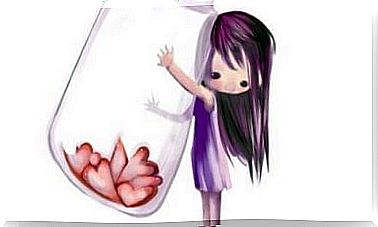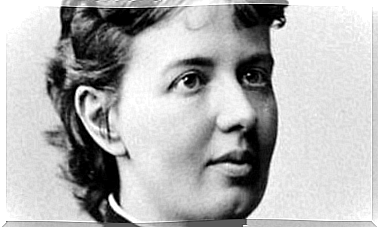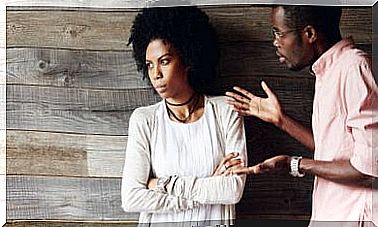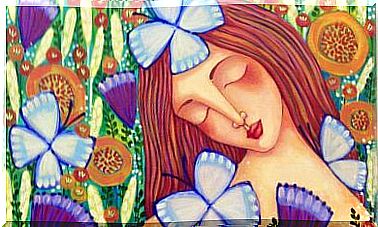Learning To Love In Balanced And Healthy Relationships
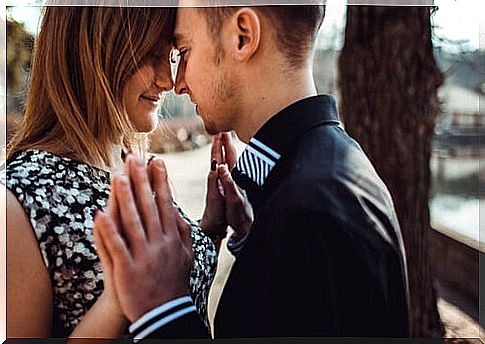
Two strangers on a train. The eyes meet and the crush is instantaneous. A series of misfortunes constantly separates them. Families are opposed. They are assigned in their jobs to distant cities. But, in the end, one of the two performs a heroic act with which he manages to reunite with that person again. Against all odds. And they were happy and they ate partridges. Forever.
Does it sound familiar to you? It could be the plot of one of the many romantic movies that come out every year around the world. Now, do these stories conform to a realistic idea of what love is? Do they promote balanced and healthy relationships or give rise to toxic and dependency bonds?
How does society influence balanced and healthy relationships?
First of all, it is important that we become aware of the ideals of romantic love with which we have lived since childhood. Although it seems a trifle, the reality is that from songs, stories, movies and / or series we have been transmitted unrealistic stories that reflect how a relationship is supposed to be. Some stories of which at the same time society itself, as a transmitter, is an accomplice.

As we grow, we begin to sense what falling in love is and what we should expect when that happens. In addition, we can get an idea of how we should behave and who should attract us. For example, who said that thinner people have to be more attractive to us? In fact, this was not the case in centuries past.
The truth is that culture and education have an undeniable influence on the type of relationships we have. For this reason it is important that the current fees are changed. Those in which the idea that love, by itself, is worth everything is promoted. But we are not only told that. Generally we are told that, if we fall in love, it will be forever and that we must do everything possible because otherwise it will somehow be one more point to note on our list of failures.
That person who is supposed to be “our better half” complements us and no one else will ever do it that way if the bond is broken. What is achieved in this way is that people do everything possible so that the other stays by their side. Instead of balanced and healthy relationships, there are other toxic relationships where emotional dependence reaches extreme limits. Each one has to put aside his previous life completely and things can only be done together. That’s love?
Promote autonomy, key in balanced relationships
In these types of relationships, the welfare of the other is placed above their own. Jealousy and leaving friends and family aside to spend more time and exclusively with the couple are enhanced. These toxic dependency relationships only generate discomfort in all areas of life, and can even lead to situations of abuse. Therefore, it is important to change these romantic love beliefs for more realistic ones.
Thus, to achieve balanced relationships it is important that we try to carry out egalitarian behaviors and good treatment. We must be aware that when we fall in love with someone we do not merge with this person, becoming a single being, but that each one continues to have rights and needs that do not have to be satisfied exclusively within the couple.

Of course, you have to be able to be comfortable with the other, even to have moments together of authentic intimacy and complicity, thanks to the trust that the love bond gives. The difference lies in knowing that you do not have to do everything together, but that it is possible to have independence within balanced relationships.
Thus, it is important that we are able to establish healthy limits and enhance, on the one hand, trust and openness to the other, and on the other, autonomy, the empowerment of each of the members, and the time to spend with other people or alone. . In short, it consists in giving, but also in knowing how to receive, in finding a balance in which each one feels good individually and with the partner. And the thing is … You also learn to love!
Images courtesy of Anthony Mapp, Ezra Jeffrey, and Jen Palmer.


